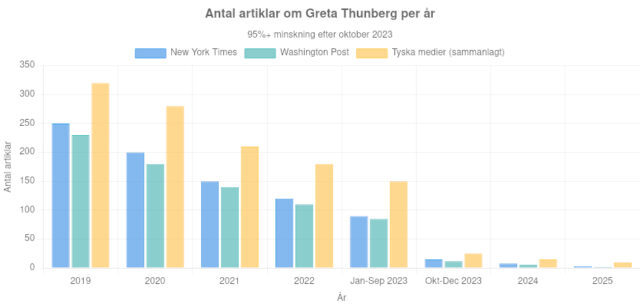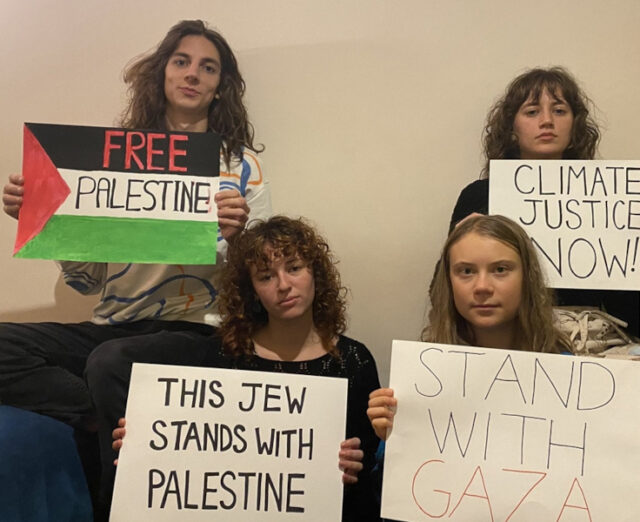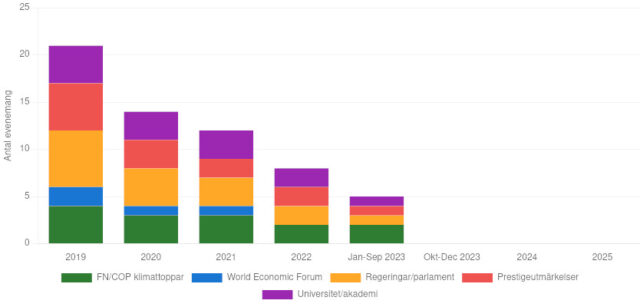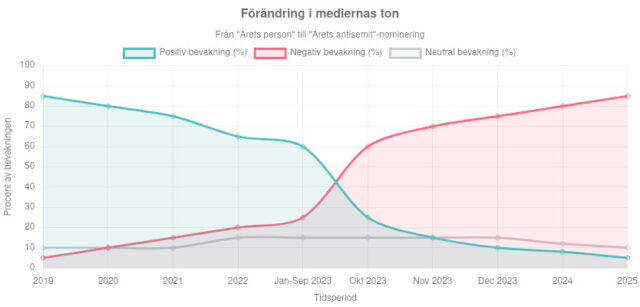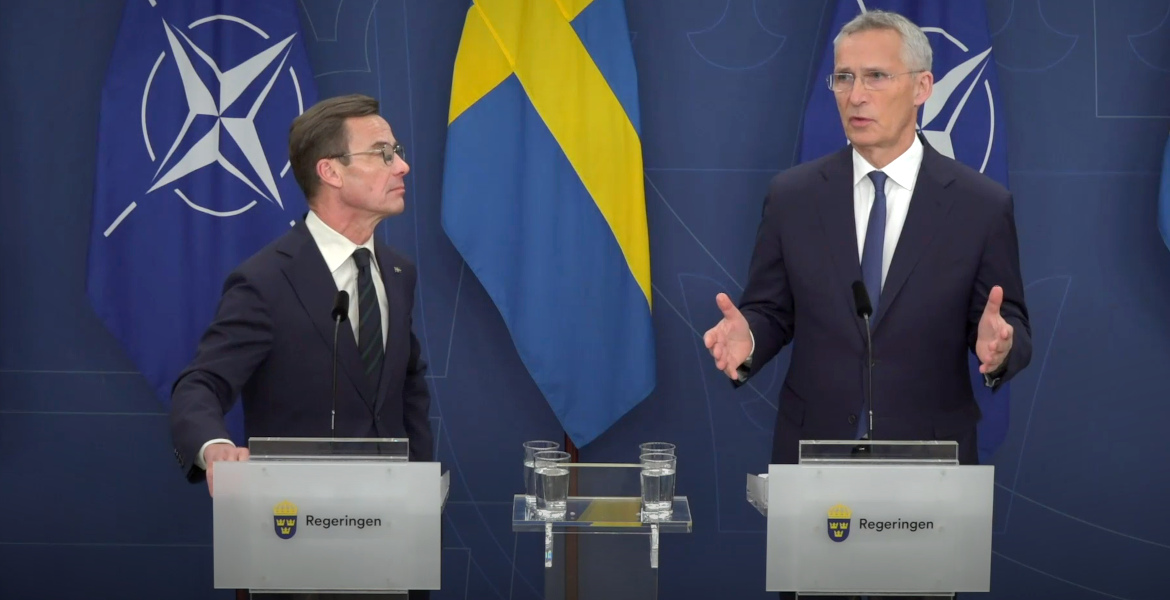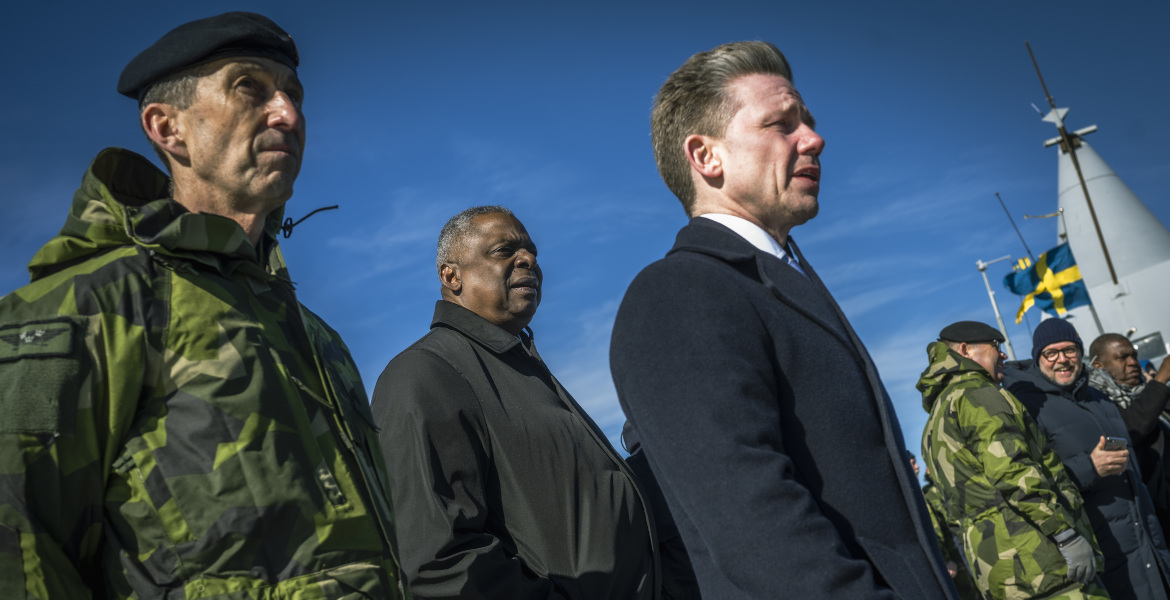After 55 years of rule, the al-Assad dynasty was finally overthrown in Syria, a key Middle Eastern country in many ways. A jihadist lightning offensive from the Islamist breakaway region of Idlib made its way all the way into the capital Damascus – without encountering much resistance from the Syrian state military apparatus – seemingly severely hollowed out after more than 13 years of war and sanctions.
If the mainstream establishment media and those in power are to be believed, now is the time to rejoice, arguing that Syria now faces a brighter future, perhaps even a liberal democratic one. Their narrative is that Syria has been a totalitarian and bloody dictatorship for the past few decades, with President Bashar al-Assad one of the world’s worst despots. He has arbitrarily imprisoned, tortured and killed anyone who had the bad judgment to defy him.
In other words, much the same thing we were previously told about Libya’s leader Muammar Gadaffi or Iraq’s Saddam Hussein in connection with the US-led wars against them.
The fact that the so-called rebel groups, as was the case in Libya, are not characterized by any liberal democratic orientation at all, but by militant Islamists with roots in the salafist terrorist movements al-Qaeda, the Islamic State and the Nusra Front, is added in this context as something of a parenthesis.
Narratives colliding
Is the message, then, that not only the Syrian diaspora, but also the people of the world at large, should be filled with hope that Syria is now ruled by the same kind of jihadists who were allegedly behind the September 11 attacks, and who the US-led Western bloc has explained are the reason it has spent countless billions fighting for more than 20 years in Afghanistan?
The leader of Hayʼat Tahrir al-Sham (HTS) – the Organization for the Liberation of the Levant – and Syria’s new de facto head of state, Abu Mohammad al-Julani, was previously one of America’s most wanted terrorists, and specifically founded and led Jabhat al-Nusra, which later became the al-Qaeda branch in Syria with the title of emir – an Islamic ruler title. How many lives he already has on his conscience at this point is anyone’s guess.
If the mainstream establishment media and those in power are to be believed, now is the time to rejoice, arguing that Syria now faces a brighter future
The Islamists of the HTS, who have now seized power in most of Syria, have frequently used suicide and car bombings to achieve their political goals, as well as torture, extrajudicial killings and kidnappings. In the terrorist group’s long-standing power base of Idlib, critics and dissenting voices have often disappeared never to be found again, and strict Sharia law prevails.
These circumstances pose great difficulties for how the Western bloc should now publicly relate to the fact that the same kind of militant Islamists, previously condemned and sought for terrorist acts around the world and who established the Islamic State’s reign of terror, have now seized power and replaced the secular rule of Bashar al-Assad’s socialist Baath Party.
Moderate Islamists?
Since the history of HTS and al-Julani cannot be denied or hidden, the initial narrative seems to be that they were indeed Islamist terrorists in the past, but have now actually pledged repentance to move in a more “modern” and moderate direction. Old youthful sins, you might say, and surely everyone deserves a second chance – even if they have massacred civilians in the past?
Or as Jake Sullivan, national security advisor in the Biden administration, puts it.
”The rebel groups, including the ones that have been designated as terrorist groups, have actually said all the right things, now the question is – what will they do to try to bring about a better Syria”.
The HTS itself has taken the same line, declaring that it has no intention of establishing a larger, multi-country totalitarian caliphate – but will be content to establish a more modest Islamist regime in Syria.
This approach is expressed in particular by outgoing US President Joe Biden, who describes the takeover as a “historic opportunity”, as well as Israel’s Benjamin Netanyahu, who also described the Islamist transfer of power as a “historic day” that “offers great opportunities”.
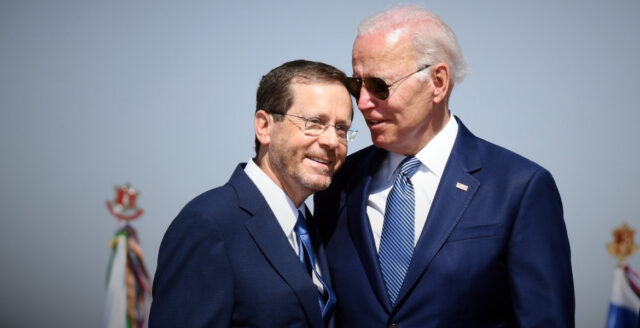
Other politicians and media outlets within the Western bloc are trying, with varying degrees of success, to convince their audiences that HTS may indeed technically be considered Islamists – but are certainly not as fundamentalistically Islamist as ISIS or al-Qaeda – however that is measured.
The cynical power play
The real reason why the salafists in Syria are being wrapped in cotton wool in this way is apparently far more cynical and pragmatic than they want to pretend. As far as those in power in the West are concerned, it does not matter in practice that the HTS are not and have no intention of becoming liberals or any other kind of democrats. On the contrary, they must be well aware that the group intends to turn Syria into an Islamist state based on harsh interpretations of Sharia law, where human rights mean nothing and where any opposition or critical voices can coldly expect to be killed or thrown into prison never to see the light of day again. But even this is of little consequence, as what matters is that the jihadists’ advance is seen to benefit the economic and geopolitical interests of the United States and Israel in the region – while disadvantaging Iran and Russia.
The man in the photo is Abu Mohammad al-Julani, the notorious leader of the Al-Nusra Front, al-Qaeda’s Syrian branch since 2012. For over a decade, I’ve exposed the CIA’s backing of this terrorist group, but in the coming days, al-Julani will reveal his true role: the head of a… pic.twitter.com/WqrzCDYyb4
— Kevork Almassian (@KevorkAlmassian) October 4, 2024
Rather, the hope is probably that Syria now has a leader who, unlike Bashar al-Assad, actually dances to the tune of the globalists. It should be noted, of course, that these groups are not always easy to dominate, and sometimes, on their own, come up with antics that are not appreciated by the same establishment – which is why it is not entirely unlikely that the spin doctors behind the narratives in the West will tomorrow conclude that they were probably dangerous Islamist terrorists after all, and that another regime change is therefore needed – perhaps even the intervention of Israel and NATO country Turkey to sort out the situation.
In any case, with the future still uncertain, we are now expected to applaud the overthrow of the Baath Party and President al-Assad by the heroic and righteous rebels – who should certainly not be confused with previous versions of themselves or held responsible for the terror and crimes they have committed, at least not at this stage.

Anyone who has been around for a while understands that Syria is by no means a unique case. In 2007, the American general Wesley Clarks gave a famous testimony that the political regime in the United States had a stated goal as early as 2001 to see the state power in seven countries overthrown, starting with Iraq, followed by Syria, Lebanon, Libya, Somalia, Sudan and finally – Iran. After Syria, only an isolated Lebanon and Iran remain.
The real actors of big politics, cynically pushing their lines behind the scenes, have shown over the years that they have no other principle than to strengthen their power on the global stage like a mafia organization. Whether it uses sanctions, subversion and the occasional bat in the form of Salafist Islamists, violent left-wing extremist movements, right-wing paramilitary units or militias with child soldiers is secondary.
As usual, the people suffer. The secular Arab population in particular, and especially the Shiite Alawite minority, from which the al-Assad family originates, are likely to face a bleak future in the new Syria that now awaits them.
Isac Boman







